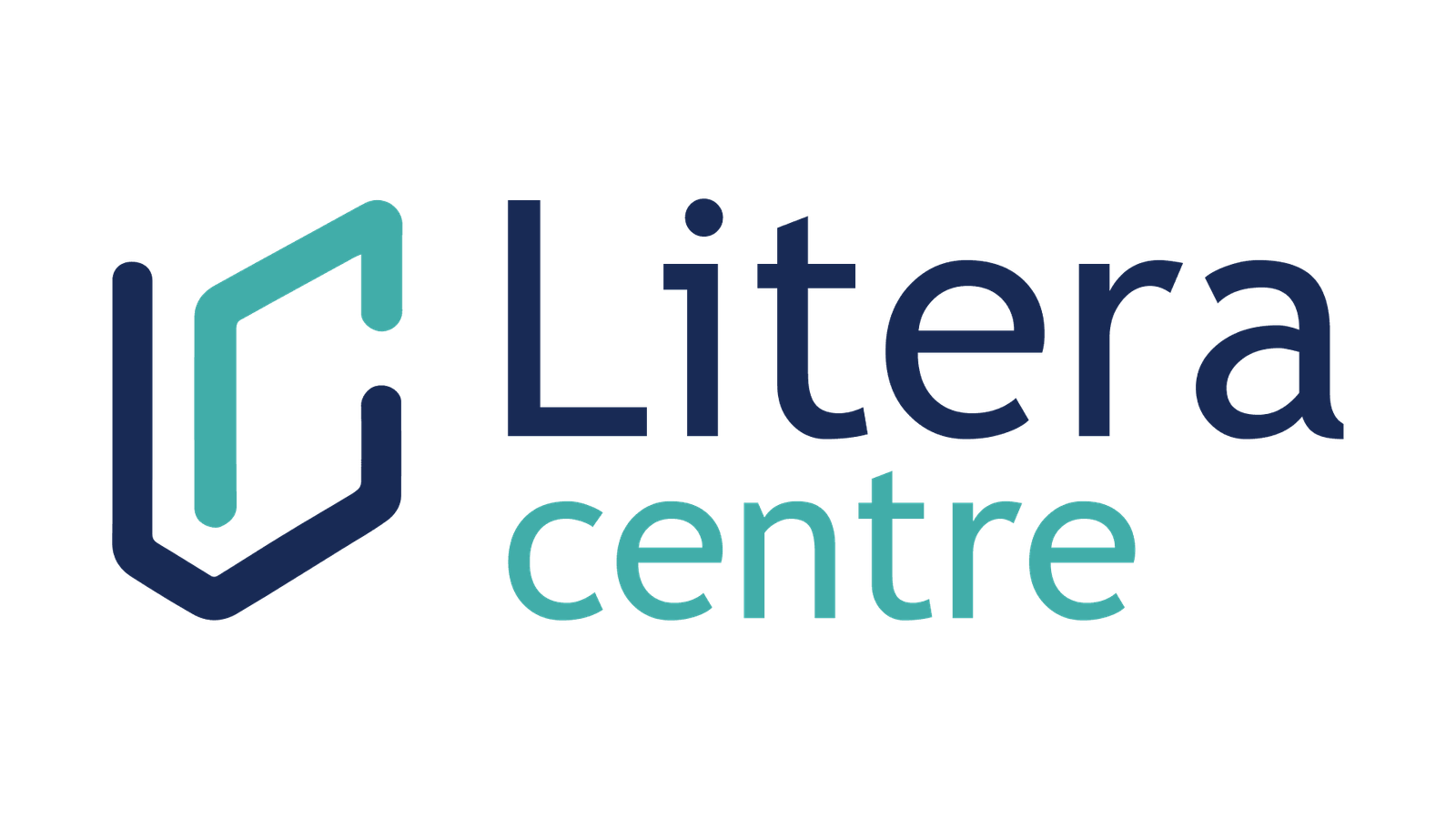Are you ready to take your IGCSE exam preparation to the next level? If yes, you have just landed at the right place!
With the competition fiercer than ever, it is crucial for every IGCSE student out there to adopt effective study techniques that optimize their learning potential.
In simpler words, you will never have to settle for average results as we will help you equip yourself with the techniques that will empower you to excel in your IGCSE exams.
In this blog, we unveil ten tried-and-tested IGCSE Revision methods that are bound to propel your academic success.
Let’s dive in.
10 IGCSE Revision Methods for IGCSE Students:

Here are ten methods that will help you revise more efficiently and improve your chances of success in IGCSE examinations:
Create Study Schedule:
The first and foremost step is to create a study schedule. This step is paramount for IGCSE students aiming to effectively manage their IGCSE revision.
A well-structured study schedule will not just help you allocate dedicated time for each subject but also ensures comprehensive coverage of the syllabus.
Begin by assessing the amount of time available and then divide it into manageable study blocks. Additionally, you should also assign specific subjects or topics to each session, considering their importance and your proficiency.
This way, you can also track your progress, identify areas that require more attention, and ensure a balanced approach to IGCSE revision.
Break Down The Syllabus:
Breaking down the syllabus is also one of the vital strategies for effective IGCSE revision. As we mentioned in the earlier section, instead of tackling the entire subject at once, try to divide the syllabus into smaller, manageable portions.
Start by identifying the main topics and subtopics within each subject. Then, allocate dedicated study sessions to focus on one subtopic at a time. By doing so, you can delve deeper into the topic, thoroughly understand it, and revise it more efficiently.
This method ensures that you cover all essential areas of the syllabus, maintain clarity in your IGCSE revision process, and build a strong foundation of knowledge for the exams.
Use Past Papers:
Past papers are best friends for IGCSE Revision students aiming to excel in their exams.
It is no news that past papers provide invaluable insights into the exam format, question types, and time constraints. By solving them under exam conditions, you can familiarize yourself with the level of difficulty and identify any knowledge gaps or areas of weakness.
Do not forget to analyze the marking schemes and model answers to understand the expectations of examiners and improve your answering technique. Regular practice with past papers will improve your confidence and time management skills, allowing you to fine-tune your exam strategies.
Use Flashcards:
Flashcards are undeniably one of the most valuable and efficient tools for IGCSE revision.
You can use them to retain complex mathematical formulas, chemistry and biology terminology, new language vocabulary, and processes involving multiple steps.
But when should you use flashcards? Simply put, it comes in handy when you have vast information or points to remember, which majorly includes terms, words, vocabulary, and intricate procedural steps. To facilitate this IGCSE revision technique, you can find a number of popular tools on the internet that offer robust support for creating as well as reviewing flashcards.
Create Mind Maps:
Mind maps are also a powerful technique for IGCSE Revision students to visually organize and consolidate information. Mind maps provide a visual representation of concepts, interconnections, and relationships between different topics.
You can use different colors, symbols, and keywords to create them. For the uninitiated, mind maps engage both the creative as well as logical aspects of the brain, improving memory retention and recall.
In addition to this, mind maps also enable you to see the “big picture” of a subject while also capturing key details. Mind maps promote active learning as you actively participate in constructing and reviewing the map.
Become a Teacher:
Needless to say, teaching serves as an excellent tool for students to reinforce their understanding and enhance their learning experience.
When you take on the role of teacher, whether by instructing your peers or engaging in imaginative teaching, it will help you to consolidate your knowledge as well as thoughts into coherent and understandable points. This process fosters analytical thinking and helps students develop the skill of structuring their thoughts and connecting concepts effectively.
Moreover, this revision method proves invaluable for summarizing key information and conducting final learning assessments before important examinations. By participating in study groups, students can not only share their knowledge but also actively engage in enriching group discussions, further enhancing their learning journey. Let’s learn about the benefits of study groups in the next section.
Form Study Groups:
Forming study groups can be highly beneficial for you during the revision process. Do not think twice – just join or create study groups with some motivated classmates. This will provide ample opportunities for collaborative learning and knowledge sharing.
In study groups, you can engage in discussions, ask questions, and explain concepts to others, reinforcing your own understanding. Not many know that peer interaction stimulates critical thinking and exposes you to different perspectives, leading to a deeper grasp of the subject matter.
Additionally, you can also conduct regular quizzes or mock exams to test each other’s knowledge. This active participation and collective support will enhance comprehension and foster a sense of camaraderie and motivation among group members.
Breaks are Important:
Revision does not mean you should forget your health and mental peace. Taking regular breaks is paramount.
Continuous studying without breaks can lead to mental and physical fatigue, eventually affecting your productivity and concentration.
So, schedule regular breaks during revision sessions to recharge and rejuvenate. You can also engage in physical activities like stretching or going for a short walk during breaks to improve blood circulation and clear your mind.
By incorporating regular breaks into your revision routine, you can enhance overall productivity, maintain optimal mental clarity, and prevent burnout, leading to more efficient and successful studying.
Use Online Resources:
You can also leverage online resources – there is no dearth. The internet offers a number of YouTube videos, websites, and other resources tailored specifically for exam preparation. These resources can supplement your learning, reinforce concepts, and provide additional explanations and examples.
Seek out reputable sites and educational channels that align with the IGCSE curriculum to ensure accurate and reliable information. Utilizing online resources will expand your access to diverse learning materials, promote self-paced learning, and enhance your understanding of the subjects, ultimately improving your overall performance.
Seek Clarification:
Seeking clarification is again a crucial step. If you encounter challenging concepts or have doubts about certain topics, it is important to address them promptly.
You can rely on top-notch online educational sites like Litera Centre to ace your revision process. Litera Centre offers expert teachers who can be reached anytime to seek clarification and understanding.
By clarifying misunderstandings early on, you can build a solid foundation of knowledge and prevent confusion from accumulating. Asking questions and seeking clarification allows you to fill gaps in your understanding, gain deeper insights, and reinforce your learning.

Final Thoughts on IGCSE Revision:
In conclusion, these ten effective revision methods can greatly benefit every IGCSE student. By utilizing all the aforementioned techniques, you can enhance your understanding as well as retention of key concepts.
Remember, consistency and dedication are key to achieving academic excellence. So, adopt these methods, stay focused, and excel in your IGCSE exams!
Also, do not hesitate to contact Litera Centre to take your revision process to the next level!
Frequently Asked Questions (FAQ)
Q: How early should I start revising for my IGCSE exams?
Starting your revision early is like building a house on a solid foundation; it prevents last-minute stress and ensures a thorough understanding. A good rule of thumb is to begin a few months before the exams, allowing ample time to create a structured revision plan and avoid the pitfalls of cramming.
Q: What is the most effective way to revise a difficult subject?
When a subject feels like a brick wall, the key is to change your approach. Instead of rereading notes, try active recall, which involves testing yourself without your textbook, and solving past papers to identify weaknesses. This method forces your brain to retrieve information, strengthening your memory and highlighting areas that need more attention.
Q: Are revision guides and textbooks enough for IGCSE prep?
While guides and textbooks are excellent resources, they are only one piece of the puzzle. Think of them as your toolkit; the real work comes from applying what you’ve learned. The most successful students supplement their reading with past paper practice, flashcards, and group study sessions.
Q: How can I manage my time effectively between subjects?
Time management for IGCSE students is about working smarter, not harder. A great strategy is the Pomodoro Technique, which breaks down study time into focused 25-minute intervals, separated by short breaks. This method helps maintain concentration and prevents burnout, allowing you to cover multiple subjects efficiently.
Q: Is it better to study alone or with friends?
Both solo and group study have their merits, and a balanced approach is often the most effective. Solo study is crucial for deep focus and independent thought, while studying with friends allows you to clarify concepts and explain topics to others, which is a powerful way to reinforce your own knowledge.
Q: How important are past papers for IGCSE revision?
Past papers are the secret weapon of top-performing students. They offer a window into the mind of the examiner, revealing common question types, marking schemes, and time constraints. Regularly practicing past papers will not only familiarize you with the exam format but will also significantly improve your exam technique and speed.
_________________________________________________________________________


